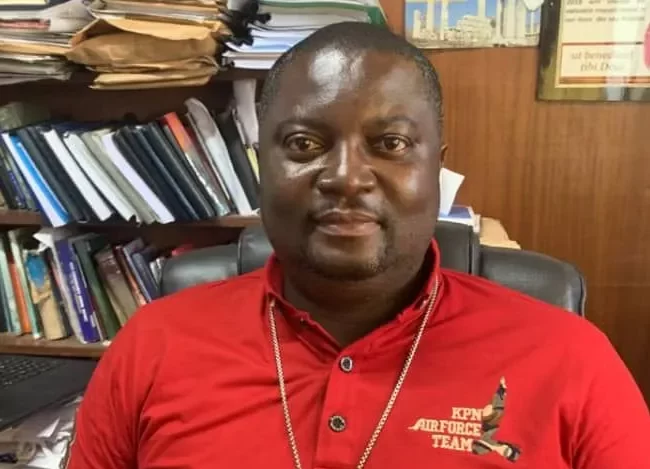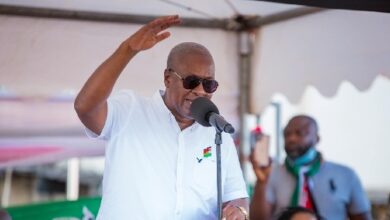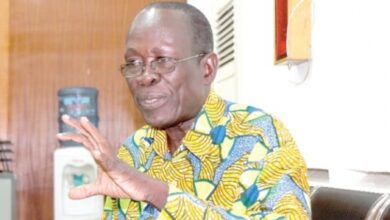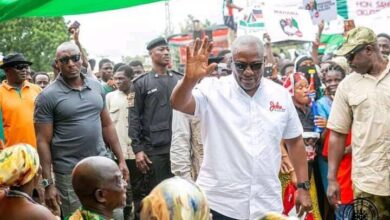
The Electoral Commission (EC) of Ghana is missing an opportunity to demonstrate trust and good faith by denying the National Democratic Congress (NDC) request for a forensic audit of the voter register. As a public document, the register’s transparency should not be contested. This audit could benefit all parties by allowing the EC and stakeholders to identify and correct any inaccuracies, thereby ensuring the credibility of the register.
Dr. Jonathan Asante Otchere, a senior lecturer and political analyst at the University of Cape Coast, voiced these concerns on the Adekyee Mu Nsem morning show on Ahotor 92.3, hosted by Citizen Kofi Owusu in Accra. He emphasized that the NDC has shown good faith by identifying numerous errors and discrepancies in the register, which the EC has admitted to. Dr. Asante suggested that a forensic audit could serve as a collaborative platform to address these issues.
Dr. Asante criticized the recruitment and appointment processes within the EC as politically influenced, casting doubt on the credibility of the Commission’s responses to the identified errors. He questioned the necessity of secrecy around a public document that should be accessible for the electoral process, and disagreed with the EC’s refusal to conduct a forensic audit.
He also highlighted that electoral violence can stem from both immediate and underlying causes, and stressed the importance of addressing the NDC’s concerns to avoid potential unrest that could destabilize the country’s peace and stability.
In response, the EC held a press conference where Deputy Commissioner Samuel Tettey addressed the NDC’s concerns about the 2024 Voter Register’s credibility. He reiterated that the Commission had requested data on the discrepancies from the NDC multiple times, but the party had not complied. The EC emphasized that dialogue, rather than demonstrations, is the appropriate method to resolve these issues. They assured that any issues raised would be thoroughly investigated once the necessary data is provided.
The EC urged former President John Mahama to encourage his party to engage in discussions with the Commission. They reaffirmed their commitment to delivering a transparent and robust voters’ register, emphasizing that past discrepancies have been corrected and that they are dedicated to ensuring a credible election process for December 2024.
The Commission appealed for public trust, asserting that a credible register is best achieved through constructive dialogue rather than street protests, which could only heighten tensions and suspicion.
Story by: Alexander Kukah




